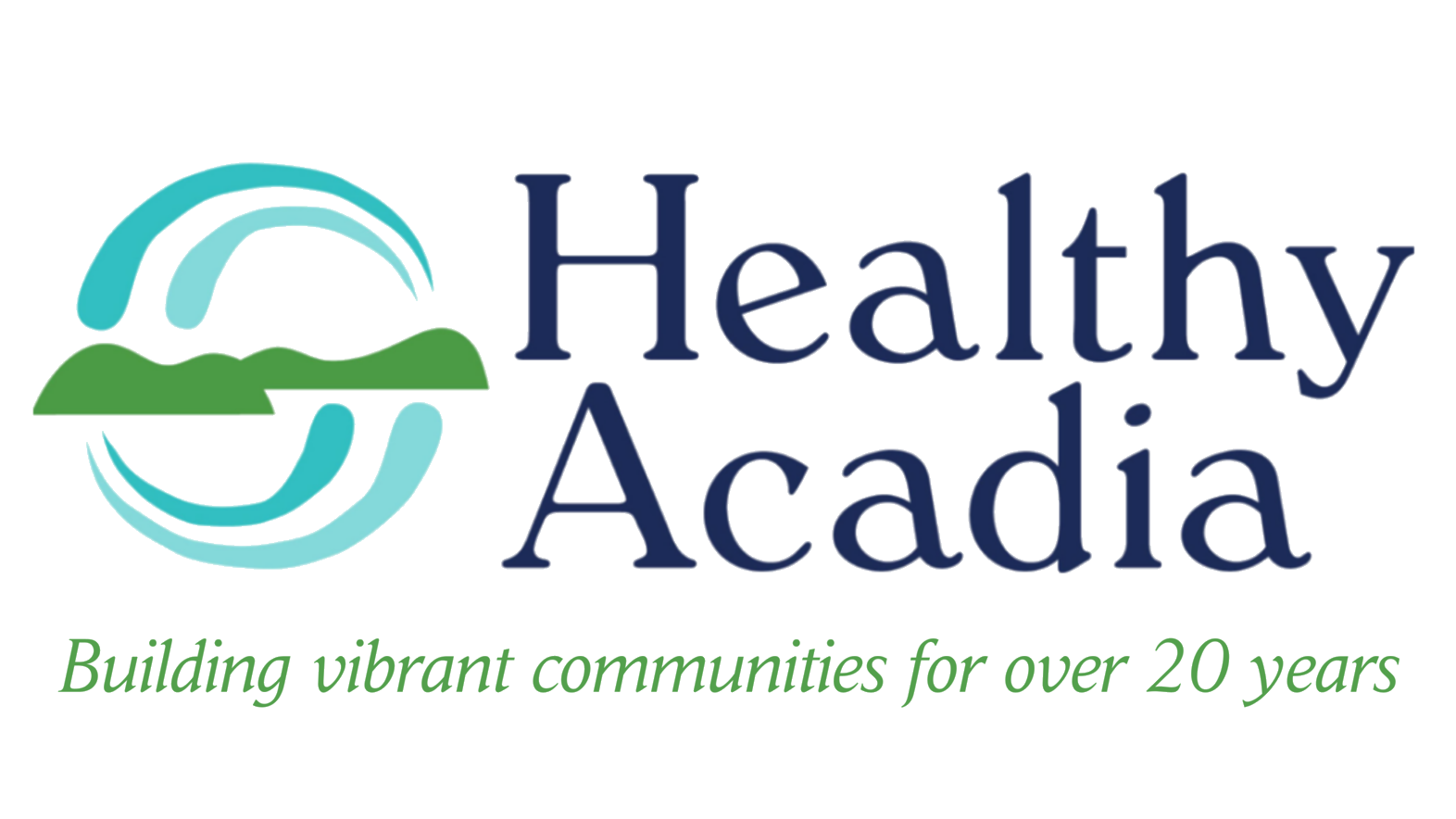Meth Use on the Rise
Methamphetamines are highly addictive and can have a negative and lasting impact on the brain. Methamphetamine - also known as meth, ice, crystal meth, crystal, or crank - is a powerful stimulant that impacts the central nervous system, creating feelings of intense excitement, happiness, and/or energy by interfering with natural dopamine production.
Dopamine is a chemical in our brains that helps us to experience joy. Our brain naturally creates dopamine all the time. Methamphetamine use interferes with natural dopamine production. When someone uses methamphetamine, their brain goes into overdrive and produces large amounts of dopamine. However, those levels quickly dip well below where they started.
Continued meth use damages the brain’s dopamine receptors. After just one month of use, it can take up to 14 months for those receptors to recover. This reduces the ability to experience true joy for more than a year.
Methamphetamine use and overdoses are on the rise in Maine. In the first two months of 2021, nearly 1 in 4 of the 100 overdose deaths in Maine were attributed to meth.
The withdrawal from methamphetamine is unlike that experienced with other substances. Symptoms are more behavioral than physical and may include suicidal thoughts, hallucinations, paranoia, and excessive tiredness. There are no FDA-approved treatments for meth addiction, making treatment and recovery that much more difficult.
Healthy Acadia’s prevention team is partnering with local law enforcement agencies and media outlets to raise awareness about the risks and increasing prevalence of meth use. Our Recovery Coaches can help people trying to stop using meth find options for treatment and offer support.
To request a Recovery Coach or for help finding additional resources in your community, click the “Need Help?” button, which can be found at the top of every page on our website.
